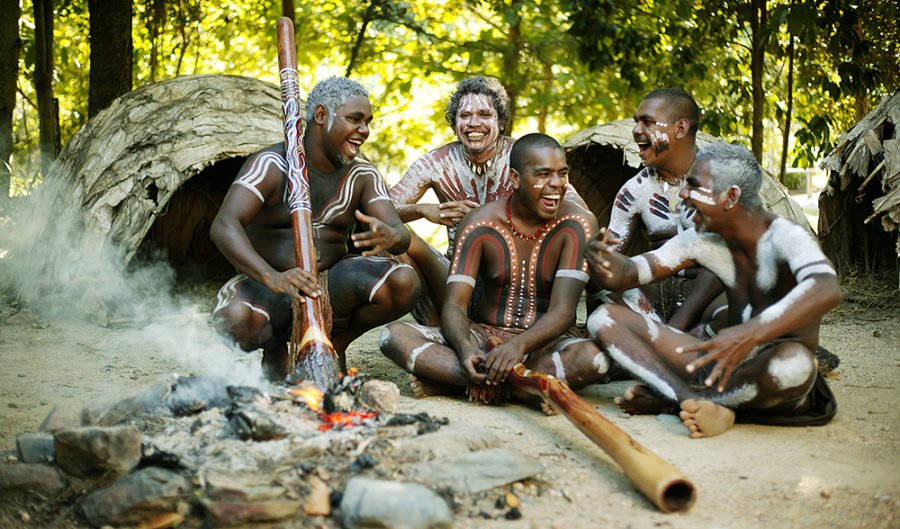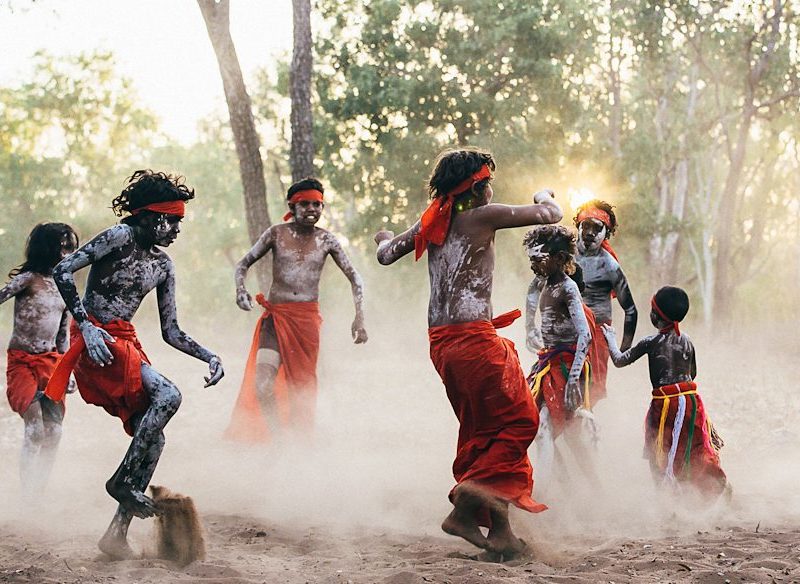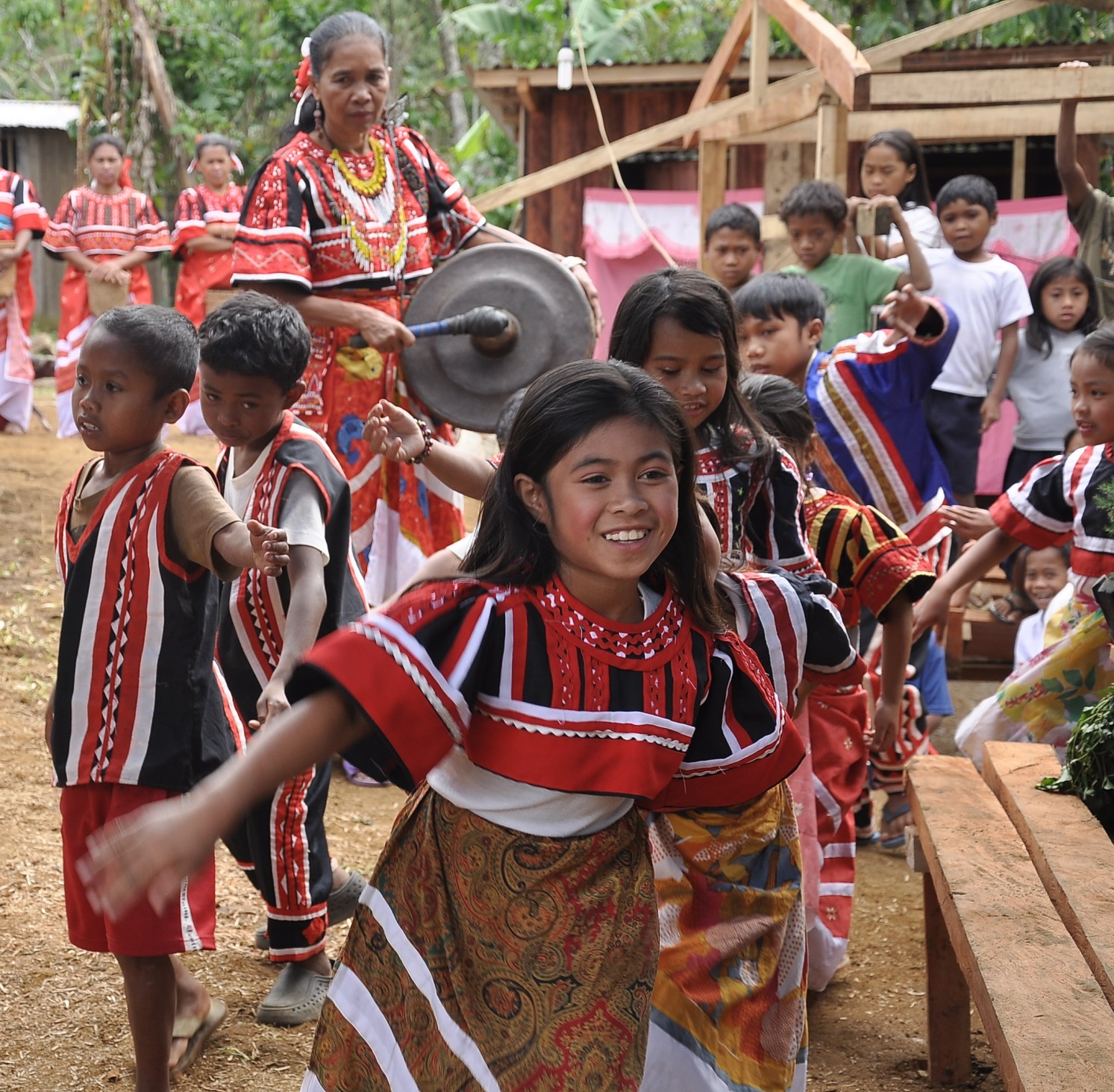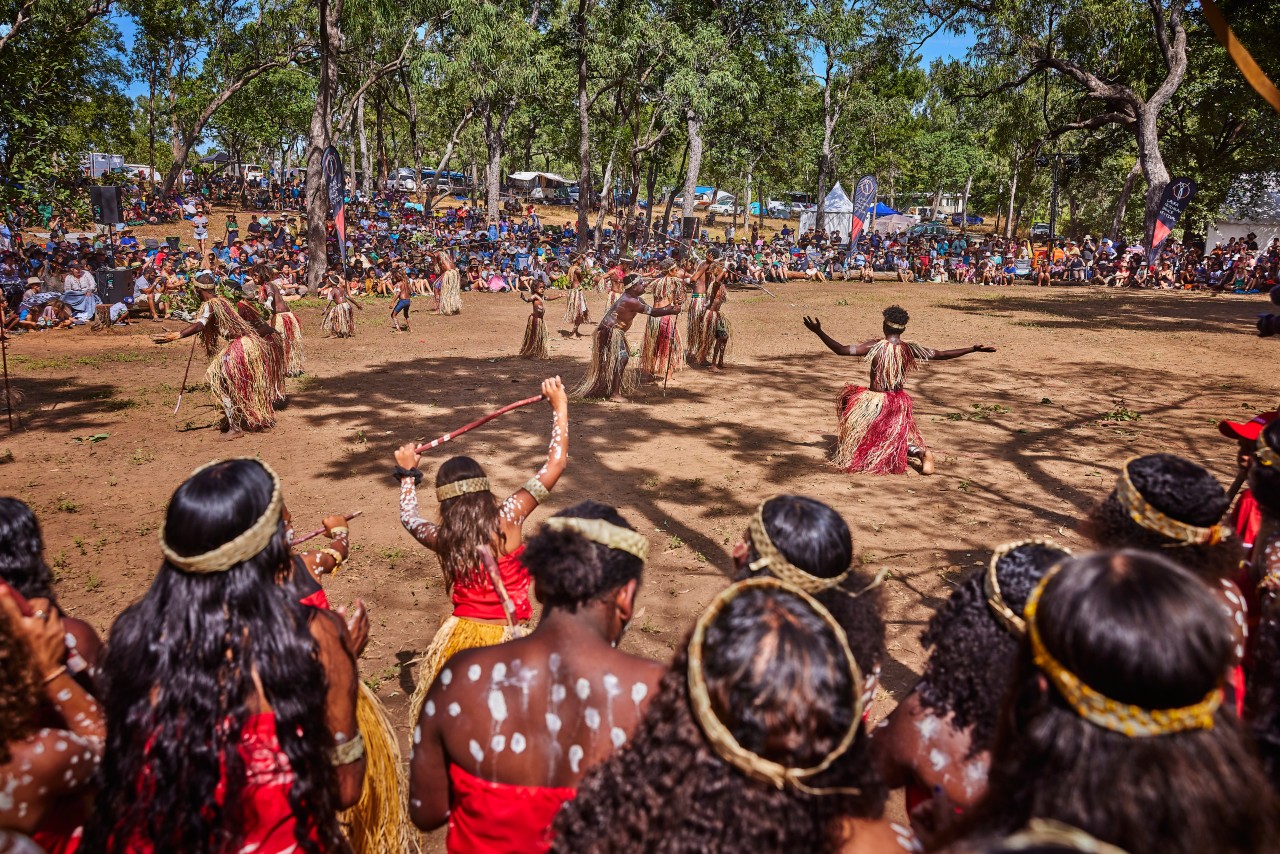The Echoes of the Past: Indigenous Communities Preserving Traditional Lifestyles
The Echoes of the Past: Indigenous Communities Preserving Traditional Lifestyles

In a world that marches relentlessly towards modernization, it’s easy to forget that ancient traditions and ways of life still endure. While much of the world embraces the conveniences of modern technology and urban living, certain communities around the globe continue to live in harmony with nature, upholding the practices and values of their ancestors. These are the Indigenous Peoples, the custodians of ancient knowledge and traditions, who have successfully navigated the tides of change while preserving their cultural identity.
This article delves into the fascinating world of Indigenous communities who, despite the pressures of globalization, continue to live in ways that resonate with their ancestral heritage. We explore the unique challenges they face, the resilience that defines them, and the profound wisdom they hold that can teach us all about living in balance with the Earth.
Related Articles: The Echoes of the Past: Indigenous Communities Preserving Traditional Lifestyles
- Embracing The Spirit Of Melbourne: A Guide To The City’s Native Flora And Fauna
- The Wellington Tribe: Unraveling The Secrets Of A Powerful Australian Totem
- A Journey Through The Names: Exploring The Rich Tapestry Of Indigenous Animal Names
- Unraveling The Meaning Of "Taurai" In Aboriginal Culture: A Journey Into Language And Spirituality
- Land, Aboriginal Peoples, And Economic Survival: A Complex And Intertwined Story
Living in Harmony with Nature:
The lives of these Indigenous communities are inextricably linked to the natural world. Their survival depends on understanding the cycles of nature, respecting the land, and living in a sustainable way. For generations, they have developed intricate knowledge of their environment, understanding the rhythms of the seasons, the medicinal properties of plants, and the delicate balance of ecosystems.
Examples of Traditional Lifestyles:
-
The Inuit of the Arctic: These resilient people have adapted to the harsh conditions of the Arctic, relying on hunting and fishing for sustenance. They live in close proximity to the natural world, utilizing traditional skills like ice fishing, dog sledding, and building igloos. Their knowledge of the environment is crucial for survival, allowing them to navigate the unforgiving landscape and predict weather patterns.

The Maasai of East Africa: Known for their distinctive red clothing and warrior culture, the Maasai are nomadic pastoralists who depend on cattle for their livelihood. Their lifestyle revolves around raising cattle, migrating across the savanna in search of grazing land, and maintaining a deep connection to their ancestral lands. They have a strong sense of community and respect for elders, ensuring the transmission of traditional knowledge and values.
-
The Aboriginal Peoples of Australia: The Aboriginal people of Australia are the oldest continuous culture on Earth, with a rich history spanning over 65,000 years. Their connection to the land is profound, and their lives are guided by the intricate knowledge of the Dreamtime, a spiritual realm that connects them to their ancestors and the natural world. They have developed unique methods of hunting, gathering, and sustainable resource management, demonstrating a deep understanding of their environment.

Challenges and Resilience:
While these communities have successfully preserved their traditional ways of life, they face significant challenges in the modern world. Globalization, climate change, and the encroachment of modern development threaten their traditional lands, resources, and cultural practices. Many Indigenous communities struggle with poverty, lack of access to education and healthcare, and the loss of their ancestral languages.
Despite these challenges, Indigenous communities demonstrate remarkable resilience. They are actively fighting for the protection of their rights, lands, and cultural heritage. They are also sharing their knowledge and wisdom with the wider world, advocating for sustainable practices and promoting a deeper understanding of the interconnectedness of all living things.
The Wisdom of Indigenous Communities:

The resilience and wisdom of Indigenous communities offer valuable lessons for the modern world. Their deep connection to nature, their sustainable practices, and their respect for the Earth provide a powerful counterpoint to the unsustainable consumption and environmental degradation that characterize many modern societies.
Key Lessons:
-
Living in Harmony with Nature: Indigenous communities teach us the importance of living in balance with the natural world. Their sustainable practices and deep understanding of ecosystems offer valuable insights into how we can live more harmoniously with the planet.
-
Respect for the Earth: Indigenous cultures emphasize the interconnectedness of all living things and the importance of respecting the Earth. Their reverence for nature reminds us of our responsibility to protect the environment and to live in a way that sustains future generations.
-
Community and Collaboration: Indigenous communities are often characterized by strong social bonds and a sense of collective responsibility. Their emphasis on community and collaboration highlights the importance of working together to address common challenges and to create a more just and equitable society.
The Future of Indigenous Cultures:
The future of Indigenous cultures is uncertain, but their resilience and wisdom offer hope for a more sustainable and equitable world. By learning from their traditions, embracing their knowledge, and supporting their rights, we can contribute to the preservation of these vital cultures and their invaluable contributions to the world.
FAQ:
Q: What are the benefits of preserving Indigenous cultures?
A: Preserving Indigenous cultures is crucial for a number of reasons:
-
Preservation of biodiversity: Indigenous communities often play a vital role in protecting biodiversity, as their knowledge and practices are often linked to sustainable resource management.
-
Cultural diversity: Indigenous cultures represent a rich tapestry of human experience, contributing to the diversity of human expression and knowledge.
-
Environmental wisdom: Indigenous communities hold a wealth of knowledge about the natural world, which can be valuable for addressing environmental challenges such as climate change.
-
Social justice: Preserving Indigenous cultures is a matter of social justice, as it involves respecting the rights of these communities to maintain their traditions, languages, and lands.
Q: What can individuals do to support Indigenous communities?
A: There are many ways individuals can contribute to the preservation of Indigenous cultures:
-
Educate yourself: Learn about the history, culture, and challenges faced by Indigenous communities.
-
Support Indigenous businesses and organizations: Patronize Indigenous businesses and donate to organizations that support Indigenous rights and cultural preservation.
-
Advocate for Indigenous rights: Speak out against policies and practices that threaten Indigenous cultures and lands.
-
Respect Indigenous cultural practices: Be mindful of Indigenous cultural sensitivities and avoid appropriating Indigenous traditions or artifacts.
Q: How can we ensure the future of Indigenous cultures?
A: Ensuring the future of Indigenous cultures requires a multifaceted approach:
-
Respecting Indigenous rights: Recognizing and upholding the rights of Indigenous communities to self-determination, land ownership, and cultural autonomy.
-
Supporting Indigenous education and language revitalization: Providing resources and opportunities for Indigenous communities to preserve their languages and traditional knowledge.
-
Promoting collaboration and dialogue: Encouraging respectful dialogue and collaboration between Indigenous communities and non-Indigenous societies.
-
Addressing the root causes of inequality: Tackling systemic issues such as poverty, lack of access to healthcare and education, and environmental degradation that disproportionately affect Indigenous communities.
The preservation of Indigenous cultures is not just about preserving the past; it is about ensuring a sustainable and equitable future for all. By embracing the wisdom and resilience of these communities, we can learn to live in harmony with the Earth and to create a more just and equitable world for generations to come.

Closure
Thus, we hope this article has provided valuable insights into The Echoes of the Past: Indigenous Communities Preserving Traditional Lifestyles. We thank you for taking the time to read this article. See you in our next article!


